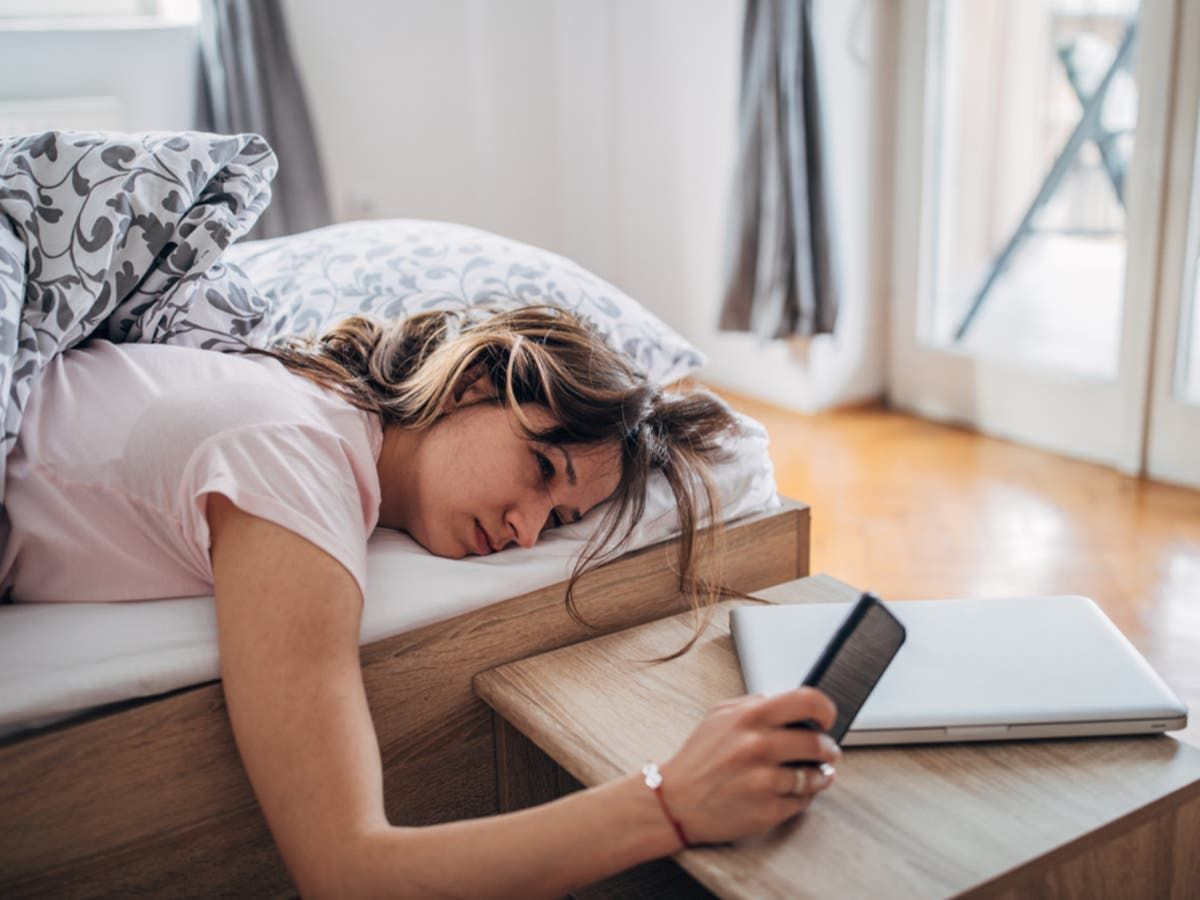Truly support
independent journalism
Our mission is to provide unbiased, fact-based reporting that holds the powerful to account and exposes the truth.
Whether it's $5 or $50, every contribution counts.
Support us in offering journalism without agenda.
A medical professional has revealed why people should not set multiple alarms to wake up.
In a viral TikTok video, a nurse named Jordan Bruss advised people to stop setting multiple alarms to wake up, explaining the psychological and physical effects this has on the body. She noted that it could seriously disrupt the sleep cycle for the worse.
“If you’re one of those people who sets multiple alarms, I have some bad news for you,” the video begins. “Don’t come looking for me. I’m just trying to help. Waking up to multiple alarms every morning can really mess with your REM cycle, often.”
“This can lead to sleep inertia, increased sleepiness, fatigue, mood swings, and it also elevates cortisol levels,” she continued. “Every time the alarm goes off, you go into that fight-or-flight response. Waking up like that multiple times in the morning is very stressful. So, when the alarm goes off in the morning, get up.”
In the comments section of the video, people were divided, with many claiming that setting multiple alarms was the only way to wake up on time.
“Yes, but then I accidentally fall back asleep, miss the gym, and am late for work,” one person wrote. “That’s what really spikes my cortisol levels.”
“Just kidding, I sleep through my alarm and that’s why I need multiple alarms,” added another. “You can’t have sleep inertia if you don’t wake up.”
In an interview with BuzzFeed, Bruss clarified that the first alarm in the morning can disrupt the REM cycle and lead to fragmented sleep. The REM sleep cycle includes increased brain activity, breathing, heart rate, blood pressure, and rapid eye movements.
“First thing in the morning, before we wake up, we are in an active sleep state,” he explained. “If you have slept seven or nine hours when your alarm goes off, you should be ready to wake up and it won’t cause you too much disturbance. But if an alarm goes off while you are sound asleep, it can trigger your fight-or-flight response. Stress can get worse if you keep waking up to additional alarms.”
“Repeatedly entering and exiting REM sleep can cause grogginess, slowed thinking and disorientation,” Bruss added.
The nurse noted that people can optimize their sleep patterns by regulating their circadian rhythm, also known as the body's natural clock that regulates sleep-wake cycles, determining when the body wakes up on its own. She added that a regular bedtime and a physically active lifestyle can lead to a better circadian rhythm.












